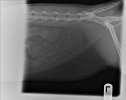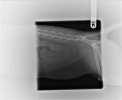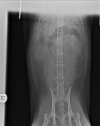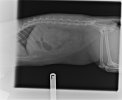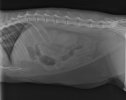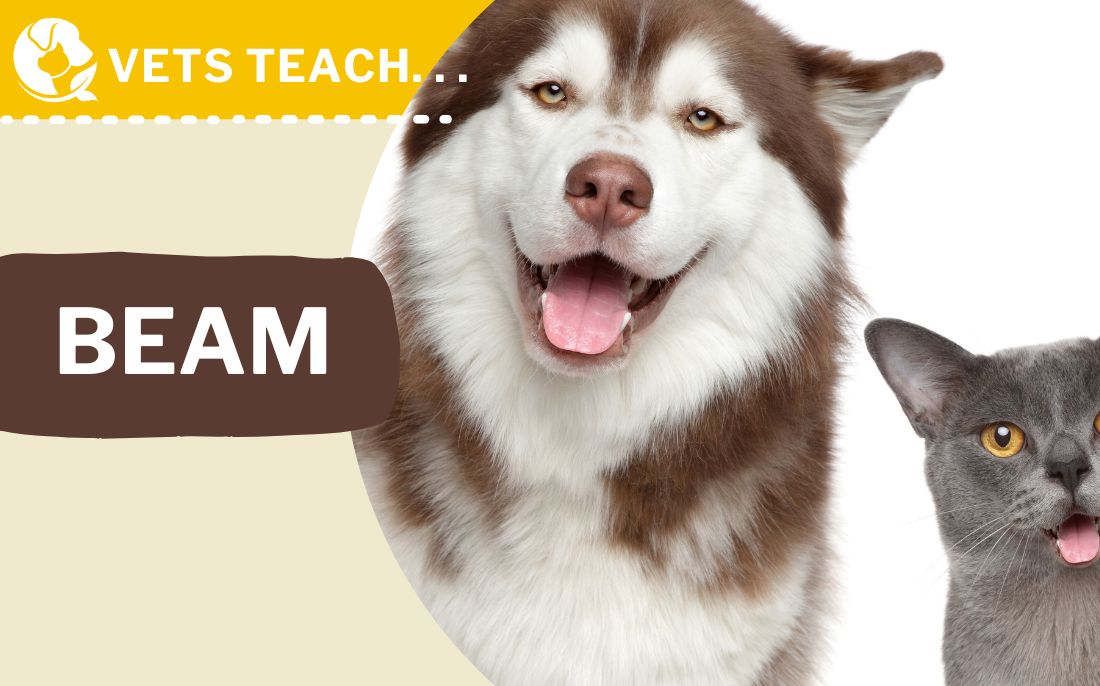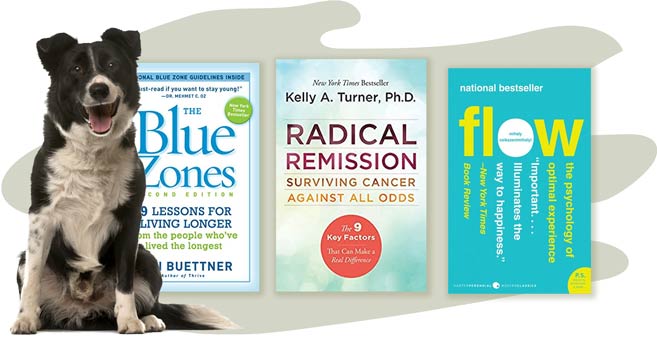- Create one forum thread per pet. If you have more than one case, create a thread for each animal.
- Your pet's name - Ferdynand
- Approximate age - 6 years old.
- Sex - Male.
- Neutering status - Neutered.
- Breed - No breeds, an ordinary cat.
- Approximate weight - 13Ib
- What's their BEAM (behavior, energy, appetite, mood) - Good behavior, big appetite, good energy.
- Diet - Current diet for the past few months has been raw chicken and free-range turkey.
- Vaccination history / exposure to toxins, other medication - mandatory vaccinations, drops against worms.
- Primary problem, when it began and if there was anything else happening around that time - Vomiting started in September, Ferdynand started vomiting all his food after every meal. The vomiting started 3 days after bringing the new dog home.
- Is the condition better or worse from exercise, heat, cold, time of day, certain foods, emotional upset, being touched, excitement, etc? - Earlier, the vet prescribed antibiotics and dry food, but there was no improvement.
- Has any diagnostic work been done? Diagnosis if available (you can attach your diagnostic tests to the post if you have them) - Yes, ultrasound and X-ray, blood test.
- Current and previous treatment - raw food and celery juice, previous dry food, and antibiotics.
- Other health concerns - I had previously noticed a bad smell from Ferdynand's mouth.
Hello, I would like to ask for advice about my cat, which vomits very often. In mid-September I adopted a new dog, a Chiuchawa mix. 3 days after adopting the new dog, my cat Ferdynad started vomiting. He vomited after every meal and threw away all his food. We went to the vet twice, the first time he was prescribed antibiotics and some anti-emetic tablets, but after treatment, the problem returned. We also tested the blood, good results, attached. The second time, Ferdynand had ultrasound and X-ray tests performed. The vet noticed that the intestine was enlarged in one section and prescribed him dry food and additional anti-nausea tablets. The situation has not improved. I switched to a strict diet of free-range turkey and chicken in smaller portions, and also started giving Ferdynand celery juice. After about a week, Ferdynand started eating normally and since then he has not vomited after meals. His appetite, mood, and stools seem normal, and he has no additional symptoms that indicate anything is wrong other than him constantly snacking on plants and then vomiting. Sometimes it happens every day, sometimes every other day. I noticed earlier that Ferdinand's breatk did not smell nice, so I suspect that his digestive acid is very weak, for the first few years he was fed with conventional food from the store, he has been on raw food for over a year, and then on raw free-range food for a few months . Sometimes he vomits white foam, sometimes bile. The vet wanted to do a biopsy, but I refused. The vet also noticed that he had dental problems and inflammation, but I noticed that after giving him celery juice, the inflammation began to subside, at least that's how it looks from my point of view, I still need to confirm it with the vet. Can I ask for help in solving this problem?
